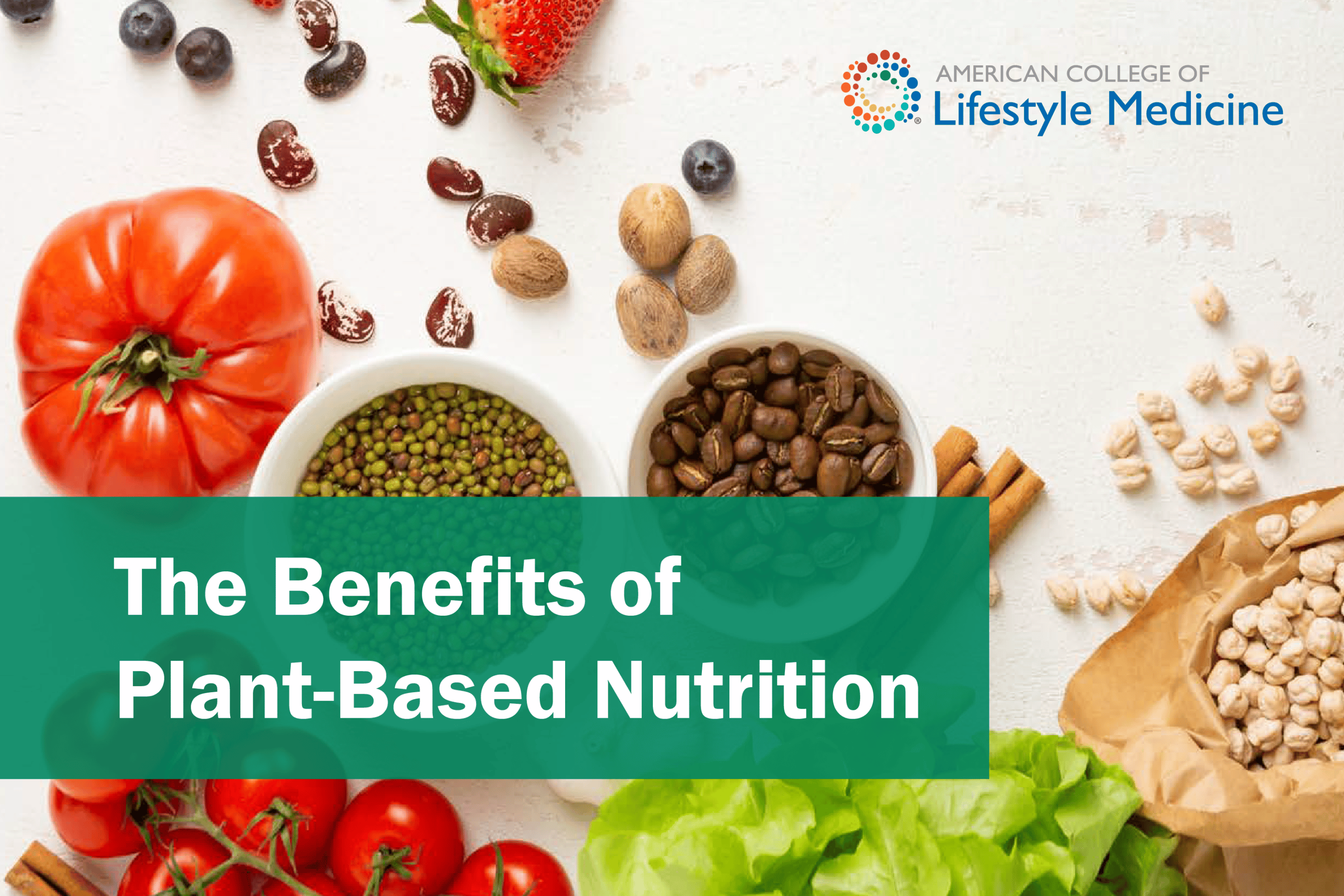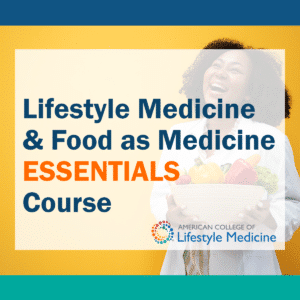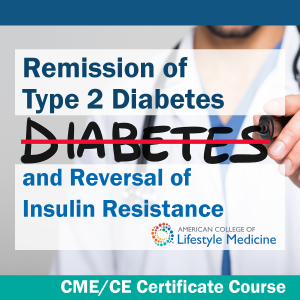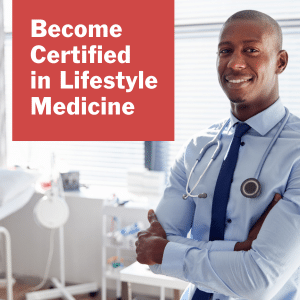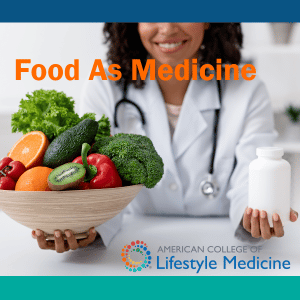Hispanic Health and Lifestyle Medicine
Hispanic adults are at an increased risk (70%) for being diagnosed with diabetes and are twice as likely to develop end-stage renal disease as a result.

Chronic disease statistics among Hispanics reinforces need to address health disparities
ACLM’s Health Equity Achieved through Lifestyle Medicine (HEAL) initiative was created to address health disparities through lifestyle medicine. During Hispanic Heritage Month, we are reminded of how lifestyle-related chronic diseases disproportionately affect historically under-resourced communities. Specifically, Hispanic adults are at an increased risk (70%) for being diagnosed with diabetes and twice as likely to develop end-stage renal disease as a result. In addition, Hispanic Medicare beneficiaries have higher rates of hypertension (65%) than white beneficiaries (60%).
While evidenced-based, therapeutic lifestyle medicine can help prevent, treat, and even reverse chronic diseases, social determinants of health (also known as drivers of health) can impede effective delivery of lifestyle medicine practices. For example, historically marginalized individuals who are located in food deserts or face housing, transportation, or employment insecurities may find equitable access to lifestyle medicine out of reach.
Through HEAL, ACLM is developing strategies to better serve historically marginalized communities that are at a higher risk for lifestyle-related chronic diseases. This year alone, HEAL awarded more than $90,000 to underrepresented in medicine (UIM) physicians and clinicians who are invested in serving patients with unique social needs that make living healthy lifestyles less obtainable. Diversifying the lifestyle medicine workforce aligns with research that shows patients who are treated by a provider from their same race are more likely to comply to the clinician’s treatment recommendations. By race-concordant visits being more culturally competent, they can help build trust eroded by historic institutional racism in the health care system and solve language barrier issues for non-English-speaking patients.
- Learn more about HEAL and the HEAL Scholarship program.
- Download physician- and clinician-focused Spanish translated resources via ACLM’s Connect platform
- Meet HEAL Scholar Margarita Schneider-Munoz, whose work directly impacts a historically medically underserved Spanish-speaking community.


